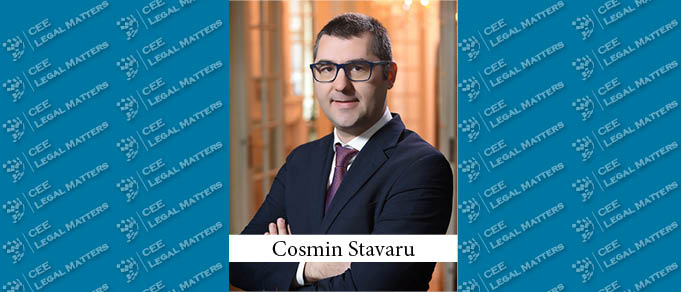“You know, Montenegro is a very small economy, and easily affected by international developments,” says Dragan Prelevic, the Managing Partner of the Prelevic Law Firm in Montenegro.
The country’s main sectors are Real Estate, Tourism, and Energy, with a significant number of real estate customers and tourists traditionally coming from Russia, Ukraine, the Middle East. As a result, according to Prelevic, “the economic downturn in Russia and Ukraine and the sanctions in Russia have had a significant effect on the Montenegrin market,” and “the turmoil in Turkey has affected investment from that side as well.”
"The overall economy is struggling as well,” he says, citing “a decrease in FDI and the rise of debt on the national level.” In addition, he says, "interest rates remain pretty high, keeping in mind that we are not part of the EU.”
However, the country’s accession to the EU — it’s currently on the top of the list of candidate states — and NATO (where membership is expected this year) is expected to be significant factors in the country’s growth. Prelevic describes the country’s movement towards both institutions as “the main political process from the country’s independence in 2006.” He notes, though, that the country’s candidacy to both “has also raised significant internal opposition, including boycotts of parliament and an attempted coup and interference by pro-Russian parties.” He emphasizes that this opposition is generally "low-key,” with "no violence,” but that nonetheless "it leads to hesitation from big EU and American investors.”
Turning to the subject of new legislation, Prelevic reports that the government is promising to produce several significant new laws in the next couple of months, including "the introduction of economic citizenship, as recently happened in Malta.” Prelevic says that this law — which would provide citizenship to those who invest beyond a specified minimum in Montenegrin real estate — is expected "to boost investments and the sale of real estate in Montenegro, and the whole chain of the construction industry, which is very important for Montenegro.” Prelevic says “the whole economy should benefit.” The law has been expected for a long time, he reports, but he says “previous attempts to enact it have been stopped by the EU out of concerns about money-laundering and a general lack of transparency." The new version of the law, he says, should satisfy those concerns, and it is expected to pass muster.
In addition, he says, the country’s construction and planning laws, as well as PPI , public procurements and expropriation are expected to be liberalized, reducing the amount of red tape in each and support interest of business.
Ultimately, however, Prelevic is confident about the direction Montenegro is moving in. He notes that the country "has a very attractive tax system” with “single digit tax (except for VAT),” which makes it "very attractive to foreign investors.” Also, infrastructure development and privatization remain on the top of national agenda attracting investors attention.
He also notes that serious investors are awaiting the “stability stamp" of this year’s expected accession to NATO. He says of the country’s prospects: "It’s exciting, it’s vibrant. So many things are pending. And there’s such huge potential, in commodities, agriculture, etc.” He concludes with enthusiasm: "I’m really very optimistic about Montenegro.”






























